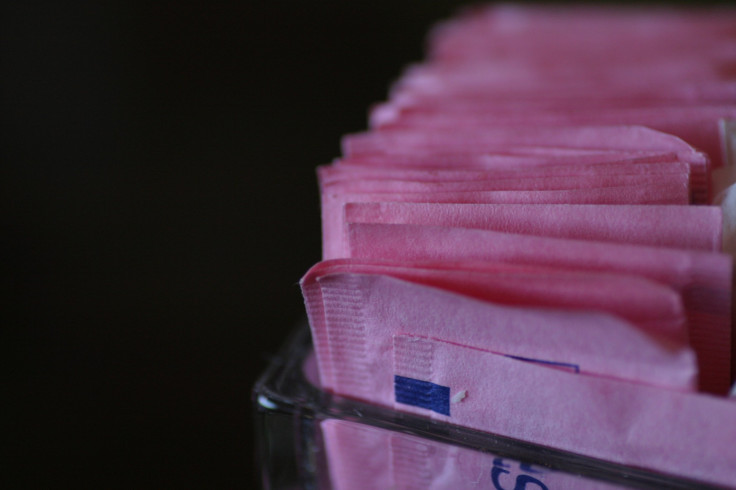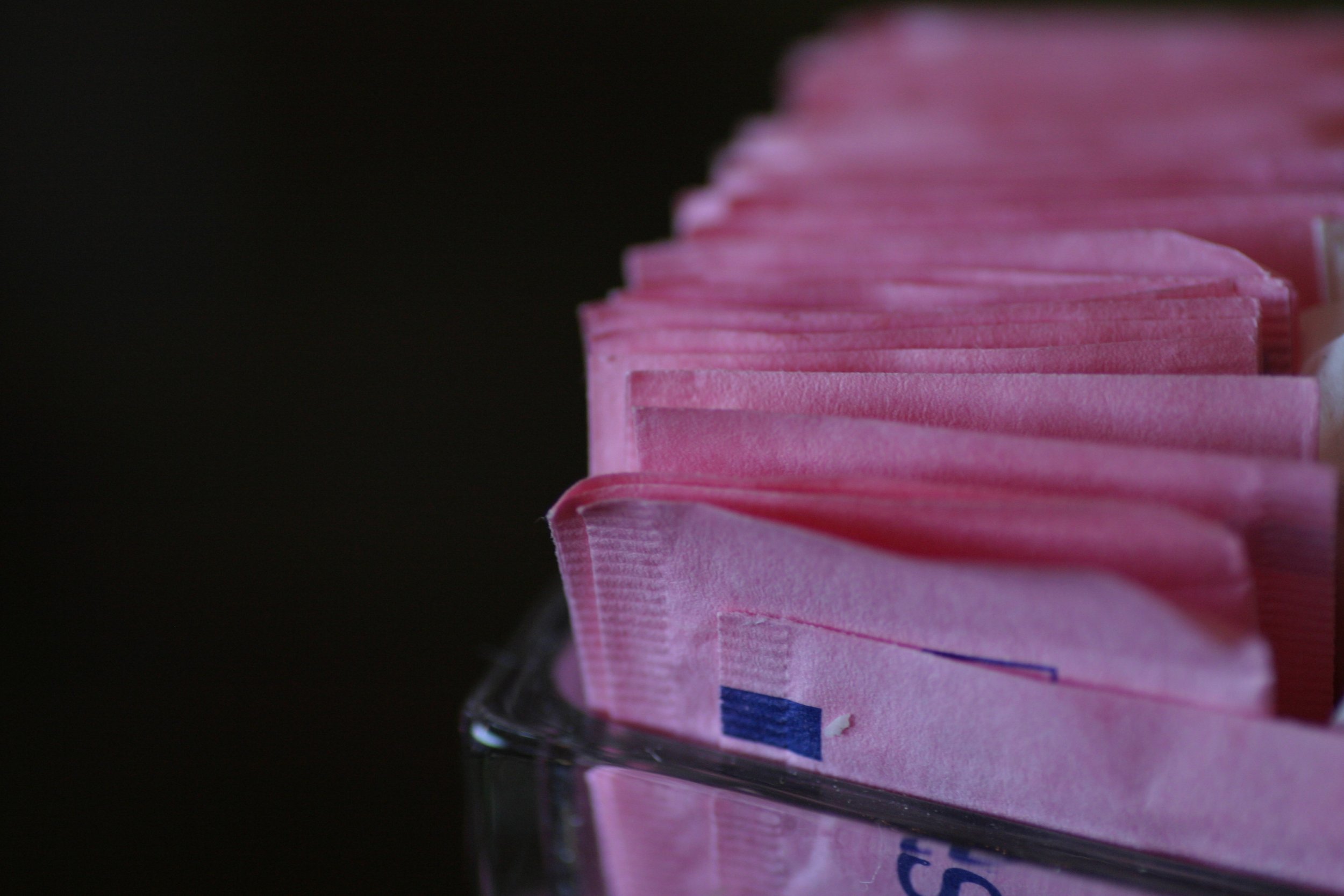A widely used non-caloric sweetener contains a chemical that damages DNA, a new study finds.
Researchers at North Carolina State University have found that sucralose 6-acetate — a chemical formed when the artificial sweetener sucralose is digested and sold under the name Splenda — may be genotoxic.
a substance called genotoxicity When it directly binds or acts indirectly on DNA and causes damage by affecting enzymes in cells involved in the breakdown of DNA.
Sucralose-6 acetate is not only formed during the digestion of the sweetener, but is also present in trace amounts in the product itself, the researchers said.
The same research team previously found that sucralose-6-acetate is one of several fat-soluble compounds produced after ingestion of sucralose. New research raises questions about how sweeteners can lead to health problems.
“Our new study shows that sucralose 6-acetate is genotoxic. We also found trace amounts of sucralose 6-acetate in readily available sucralose even before consumption and metabolism,” Susan Schiffman, corresponding author of the study in a Press Releases.
“To put this into perspective, the EFSA threshold for toxicological concern for all genotoxic substances is 0.15 micrograms per person per day. Our work shows that trace amounts of sucralose-6-B Ester-sweetened beverages exceed that threshold. And that doesn’t even include the amount of sucralose-6-acetate produced as a metabolite after people consume sucralose,” Schiffman added.
The researchers assessed genotoxicity by exposing human blood cells to sucralose-6-acetate in vitro. Similar in vitro experiments using human intestinal tissue were performed to examine the effects on the gut, since earlier studies indicated that sucralose had adverse effects on it.
“When we exposed sucralose and sucralose 6-acetate to the gut epithelium (the tissue lining the gut), we found that both chemicals cause ‘leaky gut.’ Basically, they make The gut wall is more permeable. These chemicals disrupt the ‘tight junctions’, or interfaces, where cells connect to each other in the gut wall,” Schiffman said. “Leaky gut is problematic because it means that things that would normally pass out of the body in stool instead leak out of the gut and get absorbed into the bloodstream.”
after exposure Sucraloseintestinal cells showed increased activity of genes associated with oxidative stress, inflammation, and carcinogenesis.
The safety and regulatory status of sucralose should be revised due to concerns about potential health effects, the researchers said. They encourage people to avoid products that contain sucralose.

Photo courtesy of Shutterstock
Published by Medicaldaily.com


